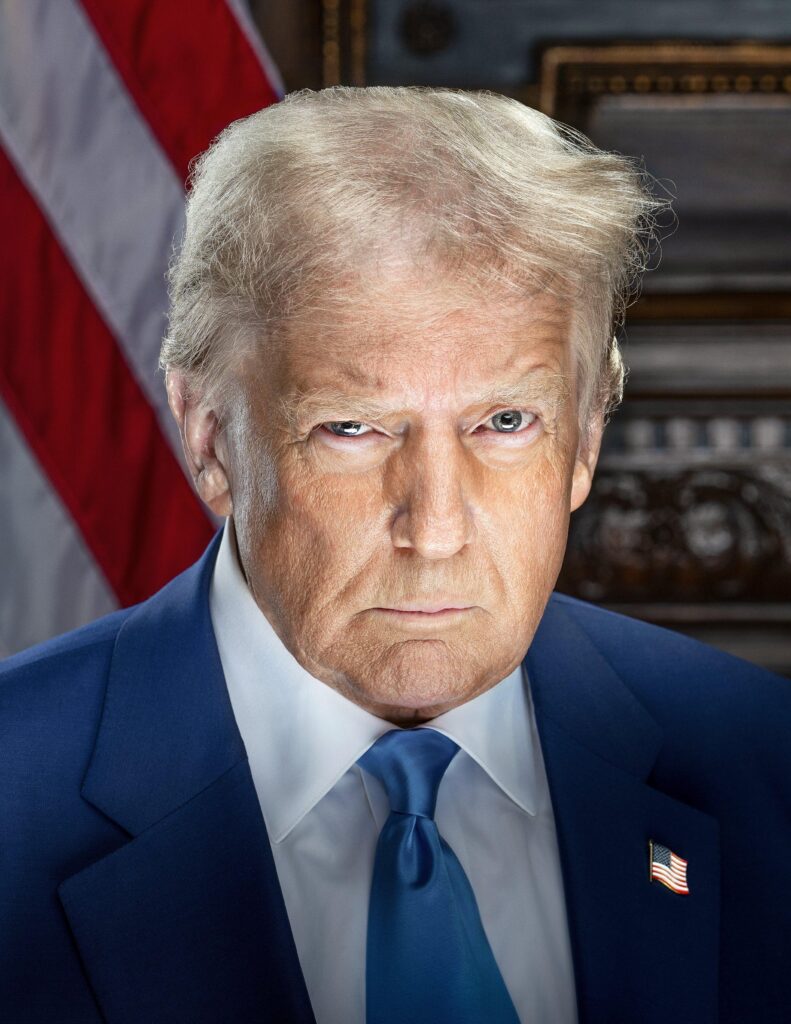Former President Donald Trump has called on Republicans to abolish the Senate filibuster as a means to swiftly end the ongoing government shutdown. In a pointed appeal, Trump urged Republican lawmakers to use the parliamentary procedure to override Democratic opposition and reopen the government, underscoring the growing frustration over the impasse in Washington. The filibuster, a longstanding Senate rule requiring a supermajority to advance most legislation, has become a focal point in the debate over how to resolve the budget stalemate. As the shutdown continues to disrupt federal operations and services, Trump’s latest intervention adds to mounting pressure on GOP leaders to reconsider Senate rules and break the deadlock.
Trump Calls on Republicans to Abolish Filibuster to Prevent Government Shutdown
Former President Donald Trump has put forward a forceful appeal to fellow Republicans, urging them to eliminate the Senate filibuster as a critical step to prevent an imminent government shutdown. Emphasizing the urgency of the situation, Trump warned that preserving this legislative rule could hinder GOP efforts to maintain government operations without disruption. His call aims to galvanize party unity and push through funding bills with simple majority votes, bypassing procedural roadblocks imposed by the filibuster.
Supporters of Trump’s position argue that abolishing the filibuster could bring several strategic advantages, including:
- Accelerated passage of key budget measures
- Heightened legislative efficiency within the Senate
- Strengthening Republican control over government funding decisions
| Aspect | Current Filibuster Impact | Potential Post-Abolition Outcome |
|---|---|---|
| Legislative Speed | Slow, prone to delays | Faster bill approvals |
| Minority Influence | High, allows obstruction | Reduced, simple majority rules |
| Government Stability | At risk during tight margins | Improved funding continuity |
Analysis of Filibuster’s Role in Senate Deadlock and Its Impact on Legislation
The filibuster has long been a double-edged sword in the U.S. Senate, serving as both a protector of minority party rights and a frequent cause of legislative gridlock. By requiring a supermajority of 60 votes to close debate on most issues, it empowers a determined minority to stall or block bills outright. This mechanism has increasingly become a focal point in political disputes, particularly when critical legislation faces opposition despite majority support. The resulting deadlock not only delays policymaking but often forces compromise measures that satisfy no one, undermining legislative effectiveness at crucial junctures.
Critics argue that the filibuster contributes to frustrating political stalemates, citing examples such as budget impasses and government shutdown risks. Advocates for reform or abolition highlight several key consequences of its continued use:
- Legislation stalling even when bills align with majority public opinion.
- Increased partisan polarization, as minority parties use it as a strategic tool against the majority.
- Reduced accountability, with lawmakers avoiding tough votes knowing the filibuster can shield controversial measures.
| Impact Area | Filibuster Effect |
|---|---|
| Legislative Speed | Slows down passage of bills significantly |
| Minority Influence | Amplifies power beyond numerical strength |
| Policy Outcomes | Leads to compromises or deadlock |
Experts Weigh In on Potential Consequences and Strategic Recommendations for GOP Lawmakers
Political analysts caution that abolishing the filibuster could have far-reaching consequences beyond simply resolving the current government shutdown. While eliminating this procedural hurdle may streamline the passage of funding bills, experts warn it could also diminish minority party protections, potentially leading to greater legislative volatility. Experts highlight the risk of increased partisanship, as future majority parties may also use the absence of the filibuster to push through sweeping agendas without bipartisan support.
Strategically, GOP lawmakers are urged to consider alternative routes that balance effective governance with long-term political stability. Suggestions include:
- Negotiating bipartisan agreements that preserve some aspects of the filibuster
- Implementing procedural reforms that limit filibuster abuse without fully abolishing it
- Building public consensus to justify major legislative changes
| Potential Consequences | Strategic Recommendations |
|---|---|
| Loss of minority party influence | Introduce targeted filibuster reforms |
| Accelerated legislative swings | Encourage bipartisan negotiations |
| Increased political polarization | Engage with electorate on reform rationale |
Wrapping Up
As the standoff continues in Washington, former President Trump’s call for Republicans to abolish the filibuster adds a new layer of urgency to the ongoing debate over the government shutdown. Whether his proposal will galvanize GOP lawmakers or deepen divisions remains to be seen, but the push highlights the high stakes involved as both parties seek to resolve the impasse. The coming days will be critical in determining whether legislative gridlock can be overcome or if the shutdown persists, further impacting millions across the nation.
